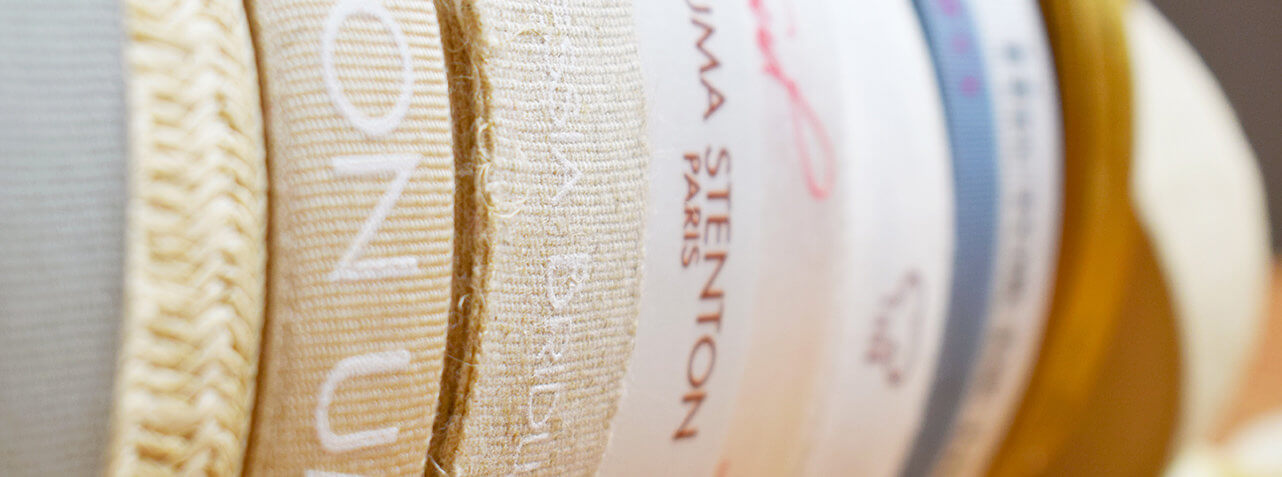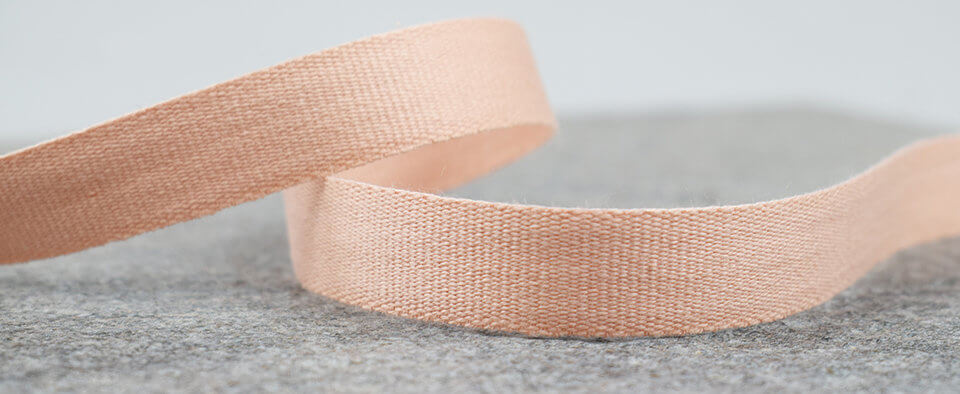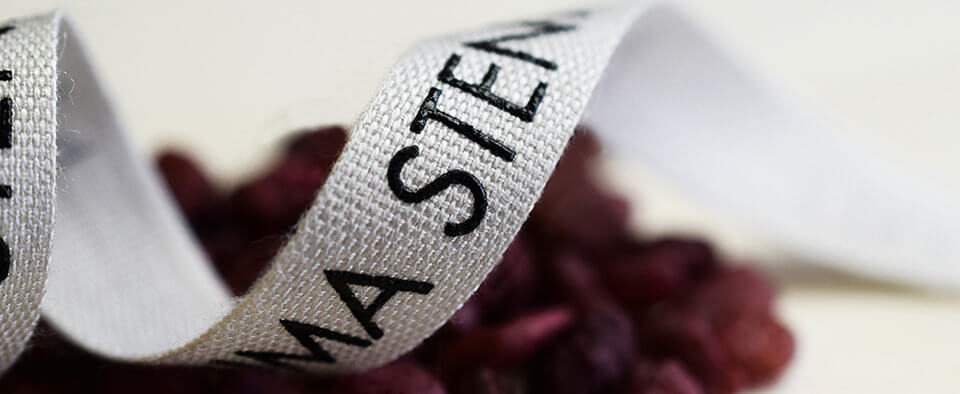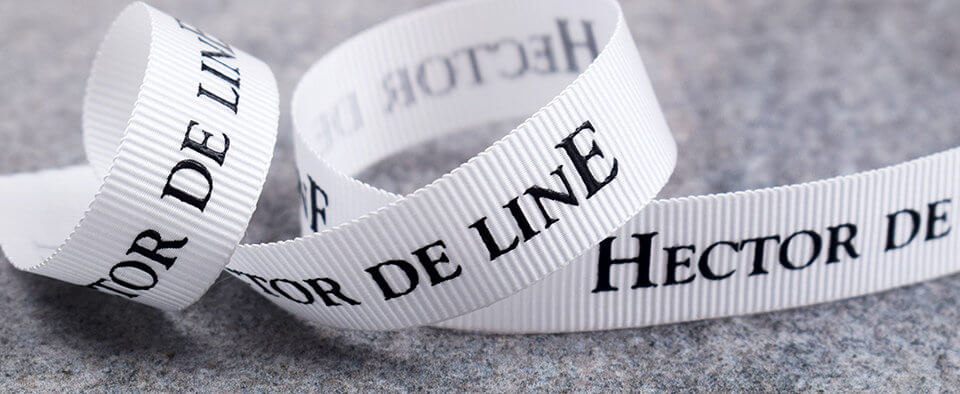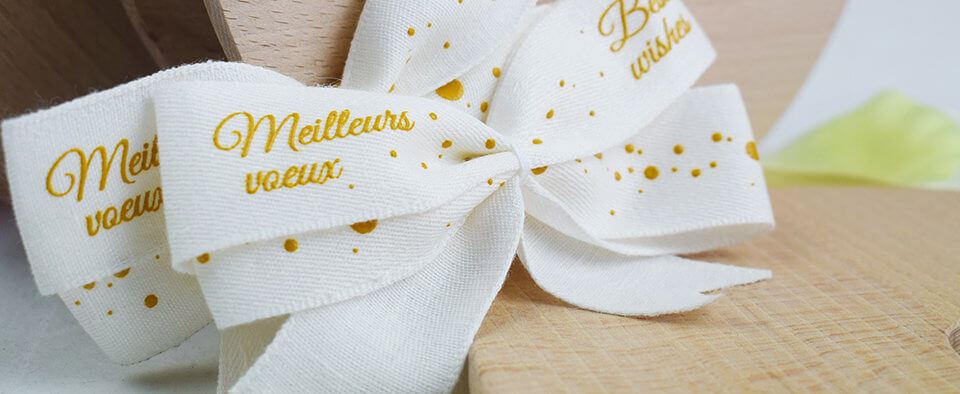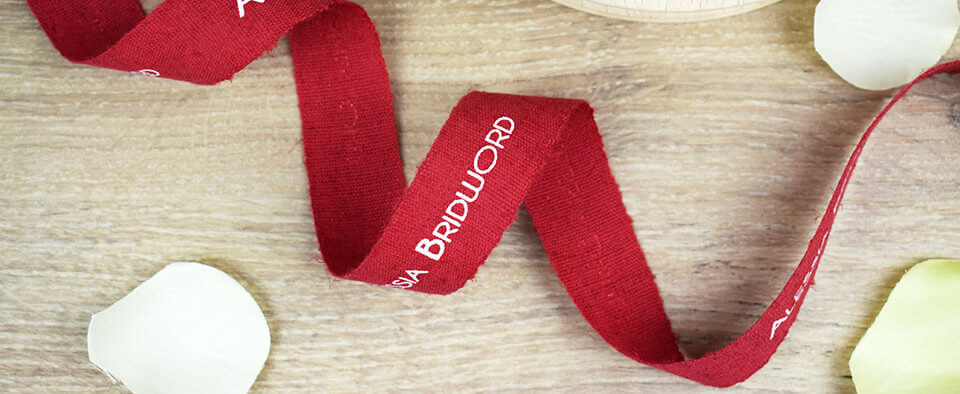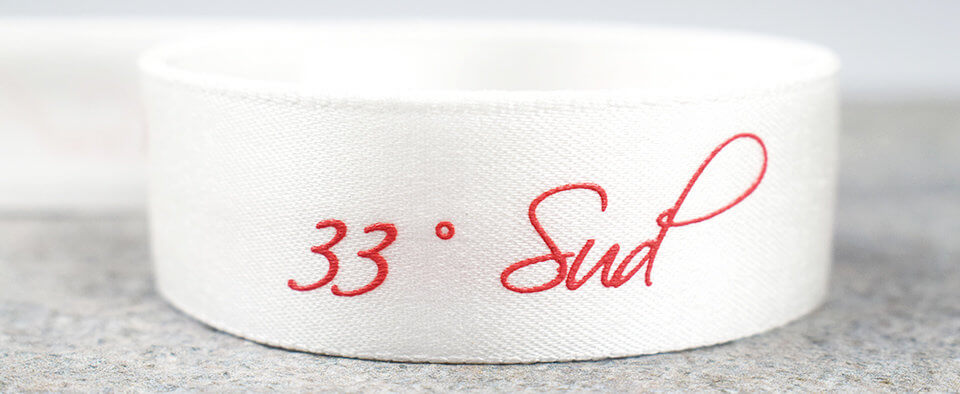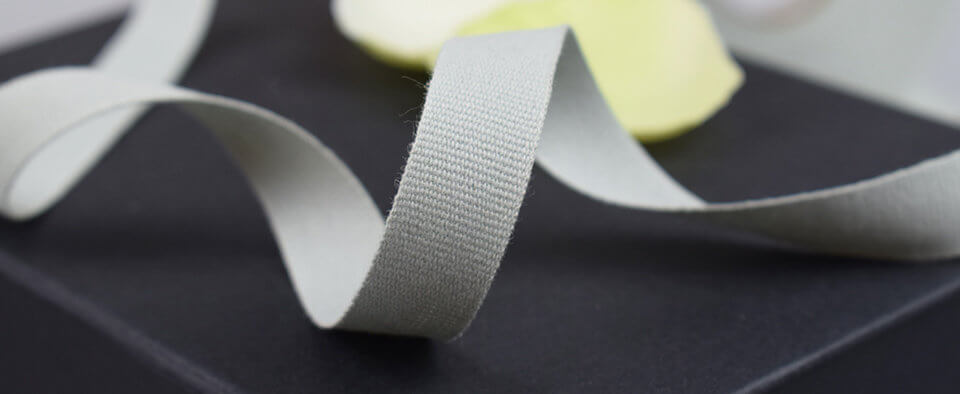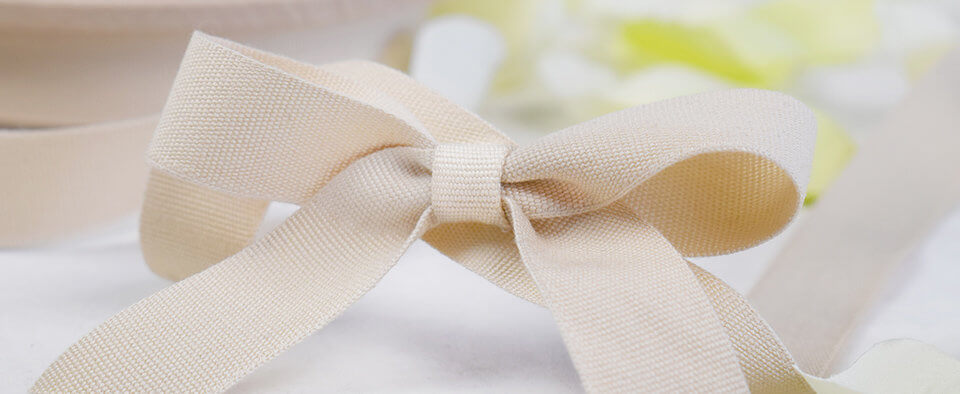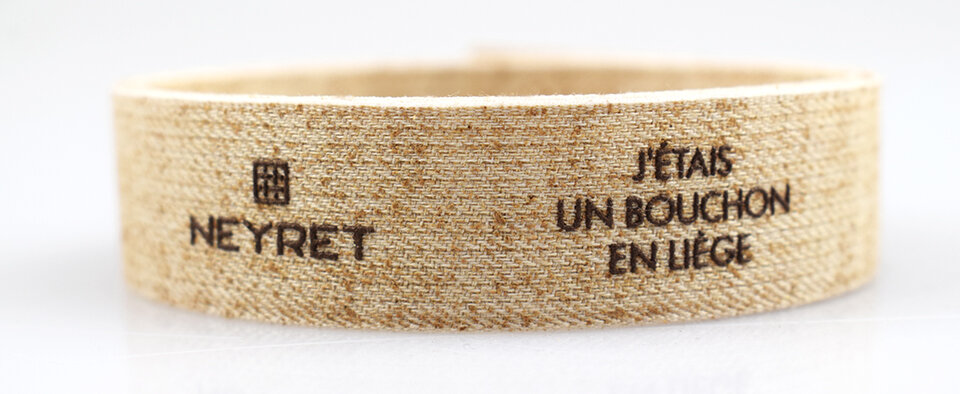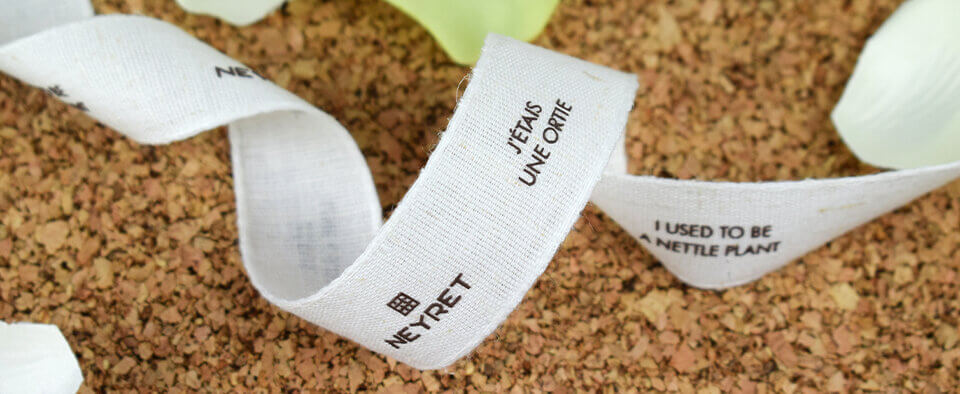Organic cotton
The organic cotton is an ecological material made from natural vegetable fiber. In comparison to the conventional cotton, organic cotton is grown without fertilizers or pesticides, consumes less water and is less harmful to health
Do you have an ecological packaging project in organic cotton?
Tencel™
The Tencel™ is an ecological material made from artifical fiber. TENCEL™ has the FSC (Forest Stewardship Council) label certifying that the forests are treated in a sustainable way during the manufacturing process of this fiber. It is also Oeko-tex and Ok Compost certified.
Do you have an ecological packaging project in Tencel™ ?
Recycled polyester
The recycled polyester is a recyclable ecological material made from synthetic fiber derived from reprocessing of plastic bottles. Its using minimises environmental impacts due to plastic bottle waste and its production (1kg) consumes 94% less water than the production of 1kg of virgin polyester. Recycled polyester yarn is GRS certified.
Do you have an ecological packaging project in recycled polyester ?
Naia
Le Naïa is a compostable and biodegradable ecological material, made from FSC-certified artifical fiber sourced from sustainably managed forests. Solvents used in the process are recycled back into the system for reuse with no release into the environment. The fiber uses few water during its production, resulting in a low carbon footprint. Fiber Naia is also certified Ok Compost, Sustainable Forestry Initiative and Oekotex.
Do you have an ecological packaging project in naia ?
Flax
The flax is an ecological material made from natural fiber 100% sourced from the French sector. It is a hugely revalued material that is making a comeback with growing demand for the relocation of its production to France.
Do you have an ecological packaging project in flax ?
Hemp
The hemp is a biodegradable ecological material made from natural fiber. The plant is cultivated and harvested in France, and transformed in fiber in Europe. The hemp is renowned for its ecological virtues : its growing does not require watering, its growth takes place without the aid of phytosanitary products and it is recognized for its excellent capacity to store CO2 (1 Ha of hemp = 1 Ha of forest). The yarn is certified Oeko-tex and OCS.
Do you have an ecological packaging project in hemp ?
Ricine oil
Ricine oil is an ecological material made from artifical fibers : the small molecules isolated in ricineis combinated to for a polymer. It’s a a totally renewable resource that growing fast and does not require irrigation. The ricine oil yarn is certified Oeko-tex.
Do you have an ecological packaging project in ricine oil ?
Recycled cotton
Recycled cotton is a biodegradable ecological material made from natural fibers from clothing collection systems or recycled fabric scraps.
Its main advantages are the low water consumption for its production (compared to that of virgin cotton) and its positive effect on carbon emissions (saving of space on the ground for other crops, elimination of the use of pesticide)
Recycled cotton contributes to the fight against textile waste, and is part of a circular economy.
Do you have an ecological packaging project in recycled cotton ?
Seacell
The Seacell is an ecological material made from artifiial fibers from algae. The fiber is harvested in a sustainable and eco-friendly way : only the upper part of the algae is harvested, allowing it to grow back naturally without any difficulty.
Seacell yarn is certified Ecolabel, Ok Compost and Oeko-tex.
Do you have an ecological packaging project in seacell ?
Cork
Cork is a natural material made from waste from other industries (corks, panels, insulation, granules, etc.). It is a recyclable and biodegradable material in a suitable environment (if it remains associated with another natural material) which can be FSC/PEFC certified, a guarantee of traceability and sustainability.
Do you have an ecological packaging project in cork?
Nettle
Nettle is a natural fiber whose transformation process is approximately the same used for hemp or flax. It’s a plan which can be harvested several times a year, proliferates in all temperate zones, without pesticides or chemical fertilizers and does not require special care. Its cultivation requires little water.
Nettle being a natural fiber, it is biodegradable in a suitable environment and can be organic certified.
Do you have an ecological packaging project in nettle?

